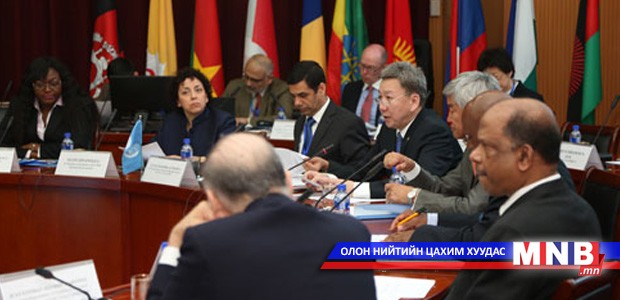
The Ministry of Foreign Affairs of Mongolia in cooperation with the Office of the High Representative for the Least Developed Countries, Landlocked Developing Countries and Small Island Developing States (OHRLLS) hosted the High-Level International Workshop on “WTO Agreement on Trade Facilitation: Implications for LLDCs” in Ulaanbaatar on June 2 and 3.
Being the first major meeting on trade facilitation following the Ninth WTO Ministerial Meeting that took place in Bali in December 2013 the meeting was aimed to review progress made in improving trade facilitation and capacity-building in the field of trade facilitation and trade negotiations in LLDCs, examine the major achievements and constraints experienced and identify the opportunities presented, with a view to further advance the goal of fully integrating the LLDCs into the multilateral trading system.
At the meeting attended by over 100 delegates representing the Government of Mongolia, landlocked developing countries, partners, transit countries and international organizations, opening remarks were delivered by Minister for Foreign Affairs of Mongolia L.Bold, Under-Secretary-General and High Representative for the Least Developed Countries, Landlocked Developing Countries and Small Island Developing States Gyan Chandra Acharya, UNDP Resident Representative Sezin Sinanoglu and Minister of Commerce, Trade and Industry of Zambia and Chair of the global coordination bureau of the Group of LLDCs Robert Sichinga.
In his opening statement, Minister L.Bold stressed that the LLDCs should grow from being land-locked into being land-linked.
The main objective of the meeting was to provide LLDCs with better understanding of the provisions in the Trade Facilitation Agreement and its consequences for LLDCs, and equip them with the necessary knowledge for designing LLDC country or group positions on trade facilitation and action plans for implementation; implementing the commitments resulting from the trade facilitation agreement, including financing, capacity-building and technical assistance provisions and how to effectively take advantage of the trade facilitation provisions available to them.
The event was also important for introducing International Think Tank for LLDCs, the first international organization to be setup in Mongolia, and its research papers and compiling background documents for the next research through identifying challenges and barriers the LLDCS face in trade and transit transport and listening to positions of LLDCS.
Closing the two-day meeting, Minister L.Bold thanked all participants from LLDCs, development partners, transit countries and United Nations and other international organizations for their effective and constructive discussions on the study “WTO Trade Facilitation Agreement: Implications on the LLDCs” and contribution to the success of the workshop. Highlighting that the LLDCs need to strengthen our common voice to have a broader visibility for the sake of LLDCs sustainable development and economic growth for next decade, Minister L.Bold expressed hope that the issues on trade facilitation, transit transportation, infrastructure, environment, climate change, international and regional integration and other key issues will be the focus areas during the Second UN Conference on LLDCs and reflect in the post 2015 Development agenda.
While his stay in Mongolia, Mr. Gyan Chandra Acharya paid a courtesy call on the Prime Minister of Mongolia and met with Minister L.Bold as well as visited International Think Tank for LLDCs.
Meanwhile, Robert Sichinga held meetings with Minister L.Bold and Deputy Minister of Industry and Agriculture Ts.Tuvaan.
| Landlocked Developing Countries Gatner in Ulaanbaatar | ||
| Үзсэн: 1540 | Mongolian National Broadcaster |


 Үндэсний телевиз
Үндэсний телевиз


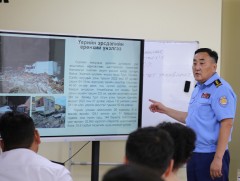
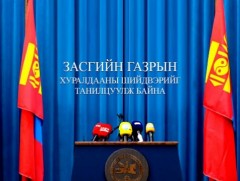
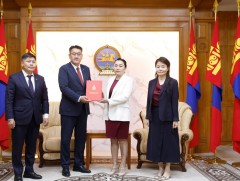
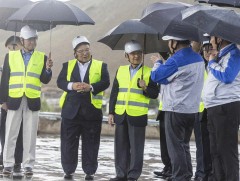
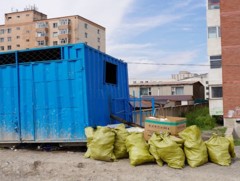
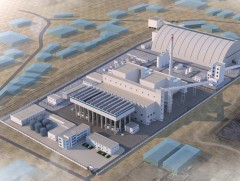
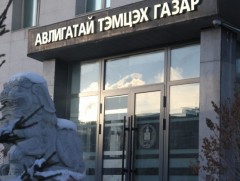
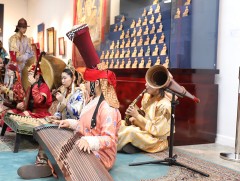

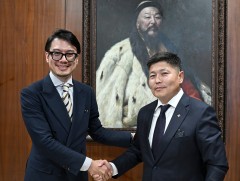

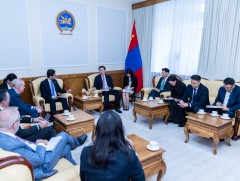
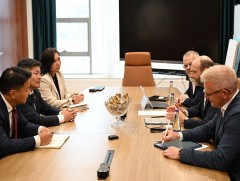
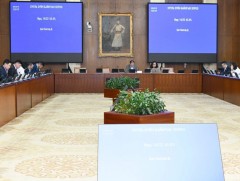


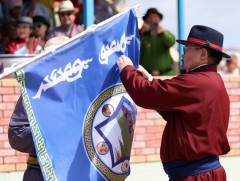
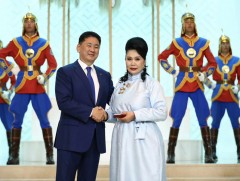
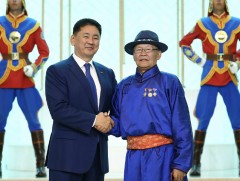
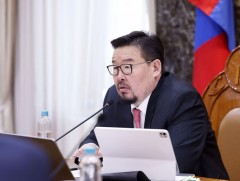
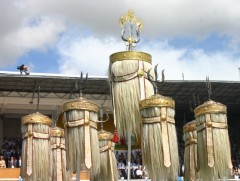
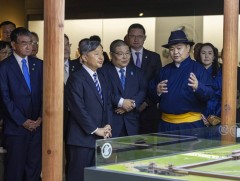
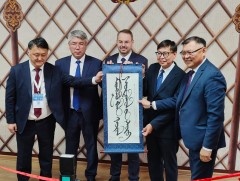
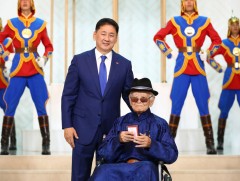
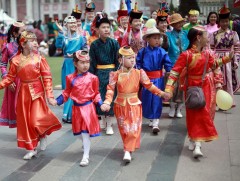



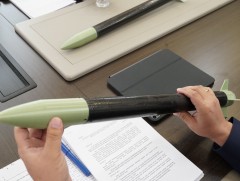
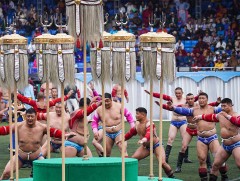


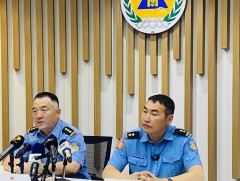
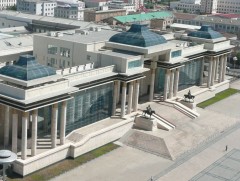
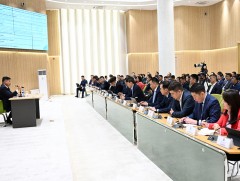

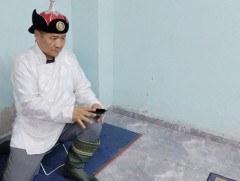

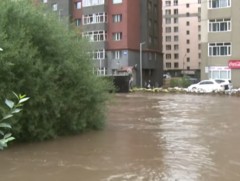
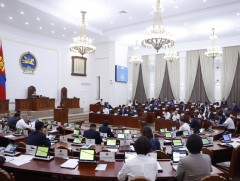



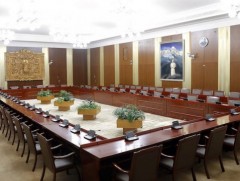
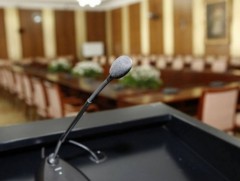


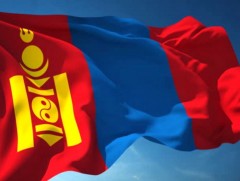

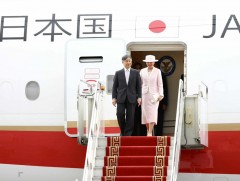


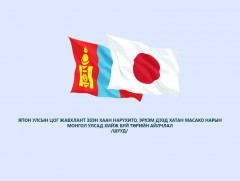
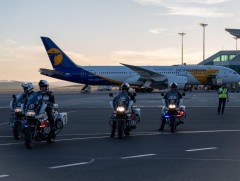

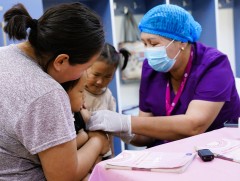




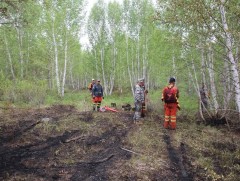
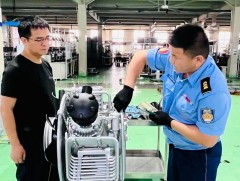






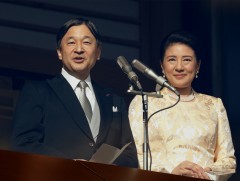



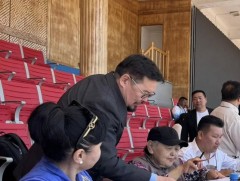




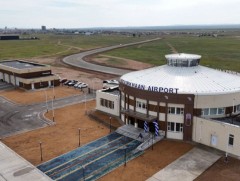
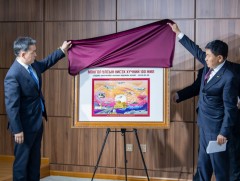

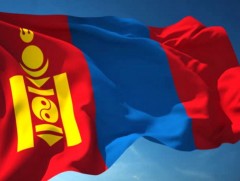
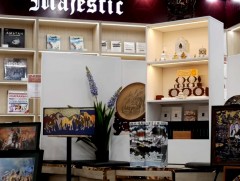
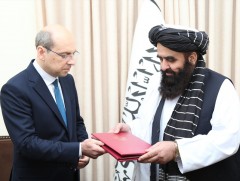







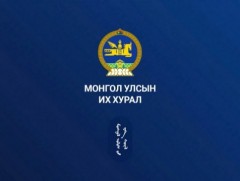
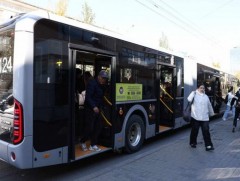

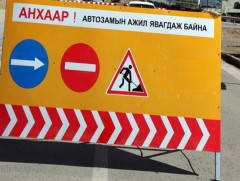

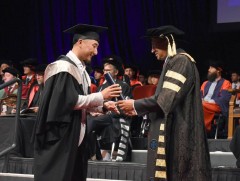







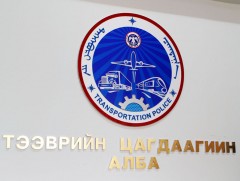
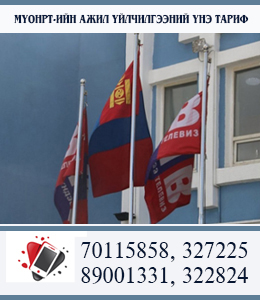



 Шог зураач Л.Мөнхбат
Шог зураач Л.Мөнхбат

 А.Ариунзаяа
А.Ариунзаяа

 Р.Слава
Р.Слава


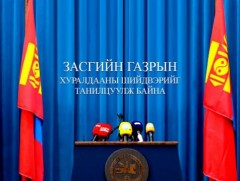

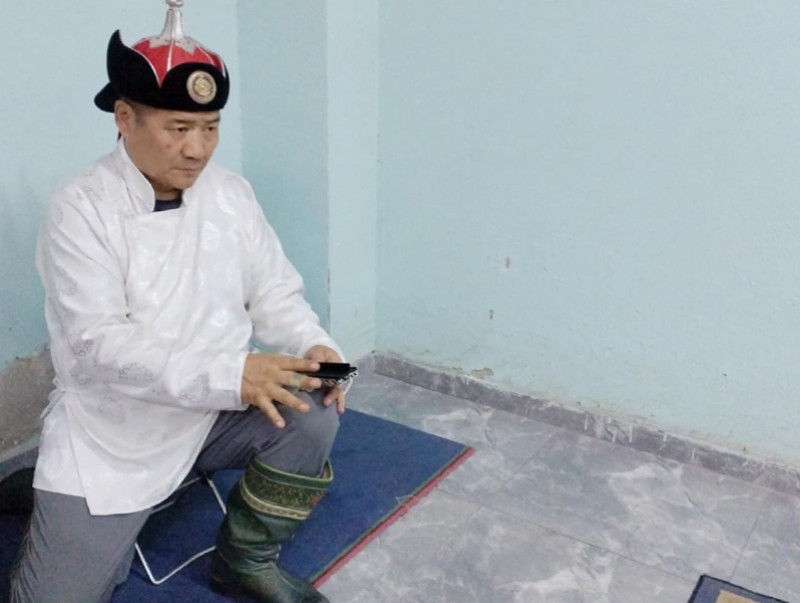
Сэтгэгдэл бичих:
АНХААРУУЛГА: Уншигчдын бичсэн сэтгэгдэлд MNB.mn хариуцлага хүлээхгүй болно. ТА сэтгэгдэл бичихдээ хууль зүйн болон ёс суртахууны хэм хэмжээг хүндэтгэнэ үү. Хэм хэмжээг зөрчсөн сэтгэгдэлийг админ устгах эрхтэй. Сэтгэгдэлтэй холбоотой санал гомдолыг 70127055 утсаар хүлээн авна.